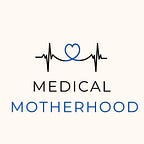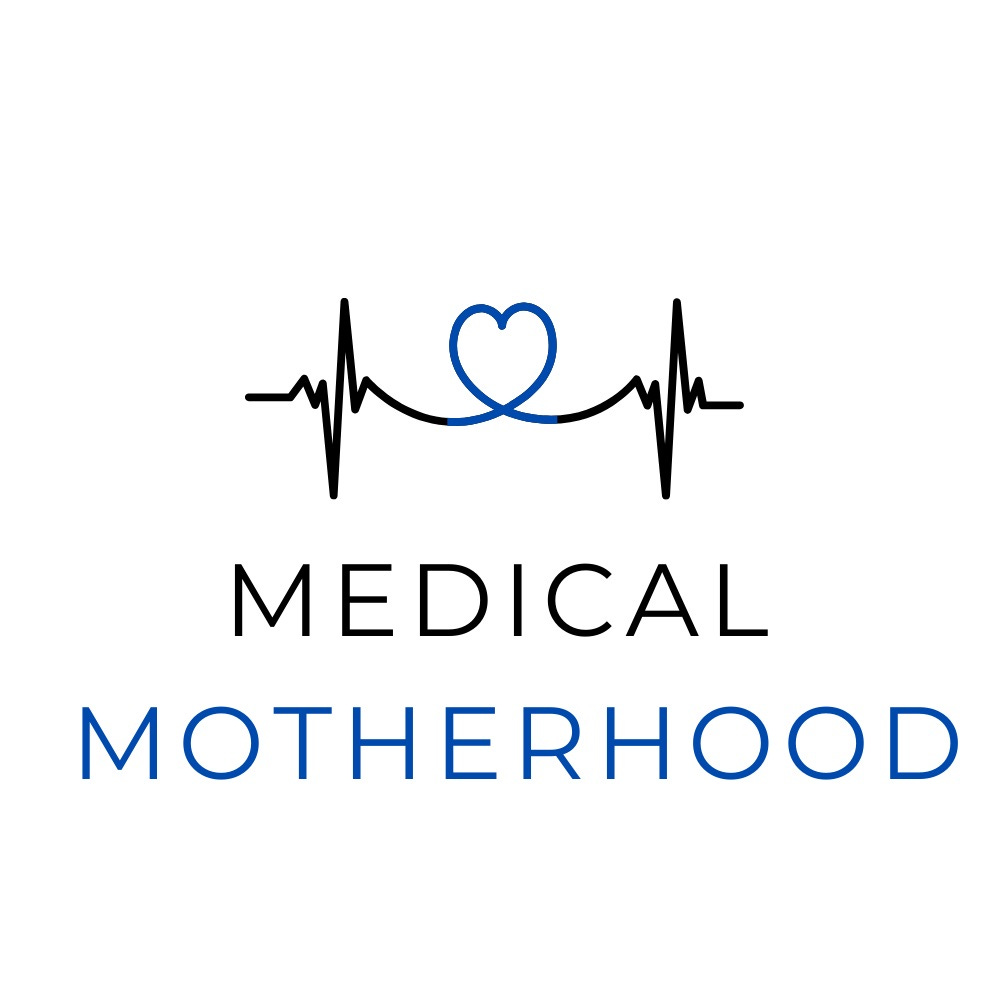“What we’re looking at is a complete rollback to the idea that children are entitled to a free and appropriate public education.” — Sen. Sara Gelser Blouin (D-Corvallis)
COVID-19 changed so many policies, but I would argue schoolchildren have experienced some of the biggest policy impacts. Children in special education even more so.
A few weeks ago, I wrote an allegory for how it felt trying to regain access to brick-and-mortar school for my twins with disabilities. Since then, we have found a new school home with an online public charter and the kids are doing well. But it still bothers me that we had to do that and it bothers me how many disabled kids are still not being served by their own schools.
Oregon State Sen. Sara Gelser Blouin, whom I profiled in a piece that ran in PDX Parent magazine a few weeks ago, worked hard to pass a bill this year that she hoped would change that. It’s not that it didn’t pass — the thing didn’t even have a chance. Oregon legislative leadership didn’t feel S.B. 1578A was a high enough priority to work on this session.
The bill would have let families skip over lengthy local district complaint processes to appeal directly to a new investigative unit within the Oregon Department of Education. ODE would have then had the power to withhold state school funding if districts were not allowing special education students equal access to school.
It’s frustrating that the legislature didn’t take it up and pass it. I think it would have helped a lot of students who are still stuck at home. But… I’ve now experienced a different system and see how it’s so much better for my kids. What we really need is a new vision for schools, not just shoving square pegs into round holes.
Willamette Week, our local alt-weekly here in Portland, asked me to write about my thoughts on S.B. 1578A, so I did. You can click through here to read the full piece and participate in the lively debate in the comments. But here’s a snippet:
“We have a systemic problem, but we don’t fix it systemically,” [Sen. Gelser Blouin] says.
Instead, the onus is put on each family, each child, to suffer, then complain and fight to get their needs met.
“That is such an offensive idea that we push families to do that,” Gelser Blouin says.
In January, at a meeting to develop an on-ramp back into the classroom, the West Linn-Wilsonville district said it couldn’t provide what my boys needed due to staffing concerns. I wasn’t asking for the full day with the full staff they were entitled to—just one hour of an appropriate extracurricular class.
I remain skeptical that one bill will fix the problem. I’ve met a lot of school staff over the past seven years, both as a parent and an education reporter. The vast majority have been kind, thoughtful, patient and caring. They often got into special education because they wanted to “do the right thing” by kids with disabilities.
I’ve come to the conclusion they simply can’t in our current system, no matter how many letters ODE sends asking for compliance.
There aren’t enough adults in the building. There aren’t enough emotionally stable humans (kids and adults) around. There isn’t enough training and experience. There isn’t much universally designed curriculum. And, to be sure, there isn’t enough fun—that stuff that makes learning easy and school worth going to.
I know wholesale changes like that can’t come from one bill. But I hope sharing stories like these — our medical motherhood stories — will illuminate the path forward.
Medical Motherhood’s news round up
Snippets of news and opinion from outlets around the world.
• From CNN: “Escaping the horror in Ukraine is not an option for many disabled children and their families”
Vova doesn't know there is a war raging right outside his window.
He doesn't understand the meaning of the air raid sirens. He is unaware of the destruction caused by Russian bombs dropping on Kyiv. He just wants to build towers from his toy blocks and press the buttons on his mom's phone that make it play songs and cartoons he likes.
Vova, a pet name for Volodymyr, is 17 and has Opitz-Kaveggia syndrome, a rare genetic condition that causes severe intellectual disabilities. He needs round-the-clock care and anti-seizure medication that has become impossible to obtain as Russian troops close in on the Ukrainian capital, according to his mother, Natalia Komarenko.
"We are unable to get the medicines we desperately need -- anticonvulsant drugs Levetiracetam and Lamotrigine. He has been taking them since he was 10," she told CNN.
[…]The European Disability Forum, a pan-European NGO, estimates there are 2.7 million people with disabilities in Ukraine. According to Inclusion Europe, another NGO, there are around 261,000 people in Ukraine with intellectual disabilities that make them extremely vulnerable to the conflict.
At least 100,000 of them, mostly children, live in care homes and institutions. Their chances of getting out of the country are slim.
The journey out is long and hard, even for families not facing the additional challenge of disability. For those dealing with serious health conditions, it is nearly impossible.
• From The New York Times: “Masking helped protect children from the virus last fall, a C.D.C. study suggests.”
More and more American school districts have dropped mask mandates in recent weeks as coronavirus cases plunged across the United States. But they remain a subject of debate among some students and their parents, and a study released on Tuesday by the Centers for Disease Control and Prevention suggested that those mandates had helped protect children and teachers from the coronavirus last fall.
The study, examining public school districts in Arkansas from August to October as the Delta variant spread, found that districts with full mask requirements had 23 percent lower rates of the coronavirus among students and staff members than districts without the mandates.
[…The study] “passes the smell test,” Louise-Anne McNutt, a former C.D.C. Epidemic Intelligence Service officer and an epidemiologist at the State University of New York at Albany, said of the study. “The estimates of the impact of masks are consistent with other studies that show masks have a modest, but important, reduction of SARS-CoV-2 transmission.”
• From The New York Times: “New Vaccine Findings Pose Tough Questions for Parents of Young Children”
The Centers for Disease Control and Prevention found that record numbers of children under 5 had been hospitalized during the Omicron surge, underscoring the need for vaccines for those children. But the agency has since said that 90 percent of Americans can safely stop wearing masks in public indoor spaces, even in schools with young children.
Who could blame parents for feeling bewildered?
[…]In the Pfizer trials, adolescents aged 12 to 17 were given 30 micrograms, the same dose given to adults. But children aged 5 to 11 received 10 micrograms, and those 6 months to 5 years old received just three micrograms.
These doses may have been too low to rouse an adequate and lasting response. But federal officials who have seen the data told The New York Times that higher doses produced too many fevers in children.
What to do when you can’t administer a dose high enough to shield children against the Omicron variant because of side effects? That’s the problem that scientists and federal officials are now wrestling with.
Substack has a new app! Access quality writing and avoid doomscrolling by connecting with your favorite writers there.
As Substack wrote in their announcement this week: “The app helps bring together Substack as an ecosystem, giving you an icon to tap on your home screen that opens up a treasury of quality work by the writers you most trust. It is an app for deep relationships, an alternative to the mindless scrolling and cheap dopamine hits that lie behind other home screen icons. It offers a quiet space to read, where the work itself is given the spotlight and you’re not pulled into status games or trivial diversions.”
Medical Motherhood is a weekly newsletter examining the policies and practices in raising disabled children.
Get it delivered to your inbox each Sunday morning or give a gift subscription. Subscriptions are free, with optional tiers of support. Thank you to our paid subscribers!
Follow Medical Motherhood on Facebook, Twitter, TikTok, Spotify, Apple Podcasts, or Instagram or, visit the Medical Motherhood merchandise store to get a T-shirt or mug proclaiming your status as a “medical mama” or “medical papa.”
Do you have a question about raising disabled kids that no one seems to be able to answer? Ask me and it may become a future issue.














